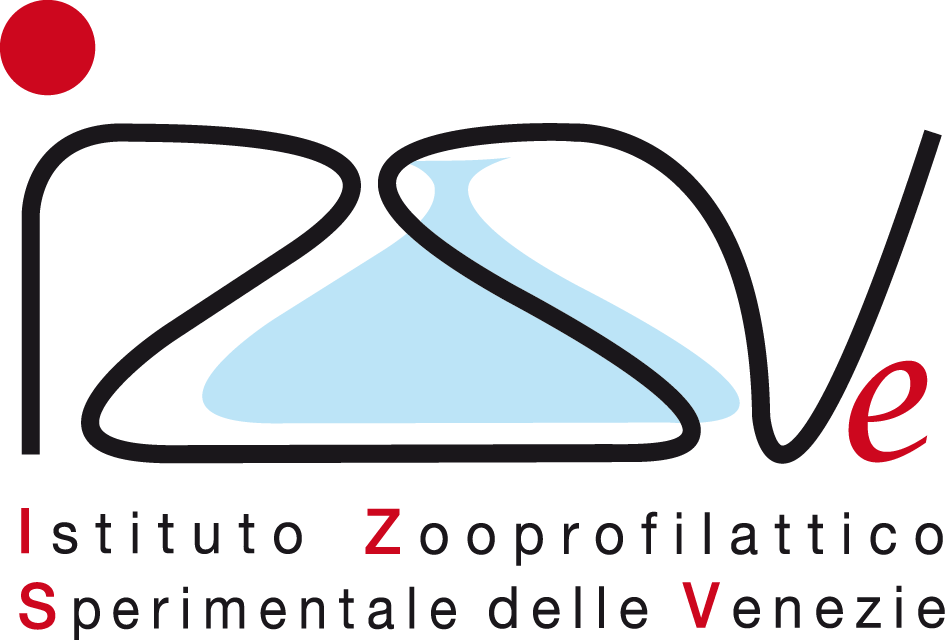The «San Michele all’Adige declaration» is a document drawn up and signed by exponents of authoritative research institutions and by key figures in the beekeeping and environmental fields, which wishes to make political administrations aware of the urgency of granting adequate protection to the honeybee (Apis mellifera Linnaeus, 1758) and in particular to its indigenous subspecies.
Despite being managed by beekeepers for many years, the honeybee cannot be considered as a domestic animal, and plays a key role in biodiversity conservation as a pollinator, with a high impact on agricultural production.
The honeybee was originally distributed throughout most of Europe, Africa (including Madagascar), the Middle East, part of the Arabian Peninsula and some parts of Central Asia. From Europe, the honeybee was introduced to America, Asia and Oceania. Like all wild species, due to the evolutionary pathway and biology of this insect, adaptation to the environment is essential for the honeybee. This adaptation to a range of environmental conditions, together with geological and climatic changes in past eras, has resulted in subdivision of the Apis mellifera species into 31 subspecies. Due to the wide variety of environments, the Mediterranean area has the greatest intraspecific diversity.
In the last 150 years, technological advances in beekeeping have caused a devastating genetic impoverishment, with an impact on honeybee production and pathologies, endangering conservation of the native subspecies of Apis mellifera in Europe. Evaluation of the impact of this phenomenon on the ecological equilibrium is still ongoing, while the negative effects that this problem is having on beekeeping are known and evident.
The document sets forth the scientific arguments in support of this vision, on the basis of which we can proceed with concrete actions aimed to protect the honeybee, also as a biological entity, according to various operating methods. This document does not intend to oppose the actions of the beekeeping sector, but rather to contribute
Read the Declaration »






